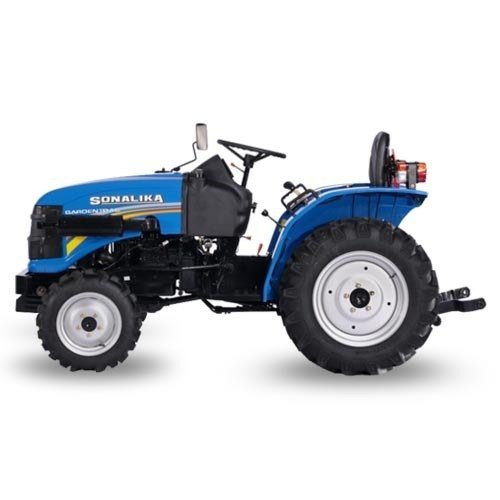The government takes a series of steps for price stabilisation
Prices of essential food commodities remain stable in festival season, as the government has taken a series of steps for price stabilisation, said Sanjeev Chopra, Secretary, of the Department of Food and Public Distribution.
To ensure sufficient availability of sugar for domestic consumers at reasonable prices throughout the year, the Government of India has continued ‘restriction’ of sugar exports till further orders. This would also ensure healthy stocks of sugar in the country and maintenance of consistency in India’s efforts towards greener fuel under the Ethanol Blended with Petrol (EBP) Programme.
With this policy, the Government has again shown its commitment towards prioritising the interest of 140 crore domestic consumers while ensuring no constraints in sugar availability to them. It is noteworthy that despite international sugar prices being at 12 years high, sugar in India is among the cheapest in the world and there is only a nominal increase in retail sugar prices in the country, which is in tune with an increase in FRP of sugarcane for farmers. In the last 10 years, the average inflation in retail sugar prices has been about 2 per cent per annum.
In addition, the Government is monitoring the monthly dispatches of sugar mills to ensure sufficient availability of sugar in the domestic market. Further, all the Traders/Wholesalers, retailers, Big Chain retailers and Processors of Sugar have been directed to disclose their sugar stock positions on the portal enabling the government to monitor sugar stock across the country. These measures are intended to ensure better monitoring of the sugar sector and facilitate a sufficient supply of sugar in the market.
This sugar export policy would also ensure consistency towards the production of ethanol from sugar-based feedstocks. In ESY 2022-23, India has diverted about 43 LMT of sugar towards ethanol, which is expected to generate revenue of about ₹ 24,000 crores to sugar-based distilleries. This revenue has helped the sugar industry in clearing cane dues of farmers in time and making the sugar sector self-sufficient.
Appropriate Government policies on sugarcane and sugar have ensured that sugar mills have made payments of about ₹ 1.09 lakh crores and thus, cleared more than 95 per cent of cane dues of Sugar Season 2022-23 while 99.9% of cane dues of earlier seasons have been cleared. Thus, cane dues are at an all-time low level and efforts are being made to clear the balance dues also at the earliest.
The Government, in order to check the domestic prices and to ensure domestic food security, has taken several pre-emptive measures to restrict the export of rice from India. The export of broken rice was prohibited and an export duty of 20 per cent was imposed on non-basmati white rice on 9th September 2022. Subsequently, the export of non-basmati white rice was also prohibited on 20th July 2023.
In FY 2022-23, India exported 17.8 million tonnes of non-basmati rice and 4.6 million tonnes of basmati rice. Out of the non-basmati rice exports, around 7.8-8 million tonnes was parboiled rice. W.e.f. 25th August 2023, the export duty of 20 per cent has been imposed on the export of parboiled rice. The duty was initially imposed till October 15, 2023, which has now been extended to 31st March 2024. The purpose of extending the duty regime on parboiled rice is to keep a check on the price rise of this crucial staple and maintain adequate availability in the domestic market. This measure taken by the Government in August of this year has seemed to have the intended effect, as there has been a decline of 65.50 per cent in quantity terms and 56.29 per cent in value terms in the case of Parboiled rice. Further, Customs authorities have been given directions for stricter essential checks so that no other variety of rice can be exported in the guise of parboiled rice.
In spite of the prohibition on Non-Basmati White Rice, India has decided to relax restrictions on the export of specific quantities of non-basmati white rice to specific countries. The countries eligible for these rice exports include Nepal (95,000 MT), Cameroon (1,90,000 MT), Malaysia (1,70,000 MT), Philippines (2,95,000 MT), Seychelles (800 MT), Core d’Ivoire (1,42,000 MT), and the Republic of Guinea (1,42,000 MT), UAE (75,000 MT), Bhutan (79,000 MT), Singapore (50,000 MT) and Mauritius (14,000 MT).
The government takes a series of steps














